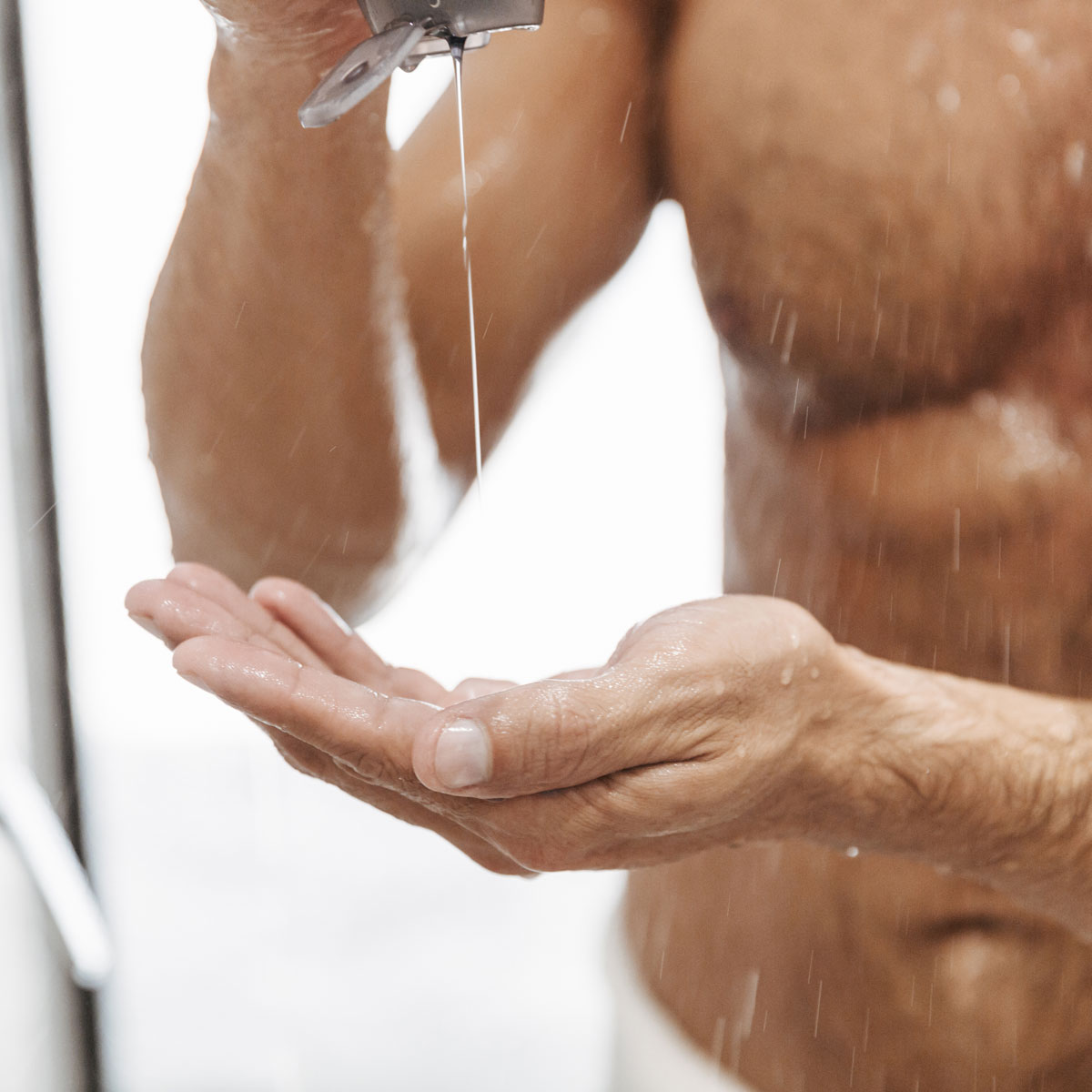
What Is Greasy Hair
People naturally produce oils because of the sebaceous glands in our skin; on our face, head, and all over our body. This is a completely natural process so you shouldn’t worry too much about the presence of oil in your hair. We actually need the oils (sebum) to keep our tresses healthy and prevent them from becoming brittle and breaking. Not only that, but sebum also acts as a waterproof layer to protect the skin.
However, over time this oil can build up which can make our hair look greasy and dirty. This build-up can be due to numerous issues.

What Causes Greasy Hair
Over-washing
This is a common cause of greasy hair and as the oilier it gets, we feel the need to keep washing it. This over-washing strips the scalp of natural oils and cause the sebaceous glands to produce more oil to compensate for the loss.
Over touching
We all like to keep our hair in place but as you touch it, you transfer oil off your hands and onto the head. This could then contribute to the build-up of unnecessary oil and grime in your hair.
Overbrushing
Brushing your hair stimulates oil production. And while this might make your hair appear smooth and glossy at first, the sheen becomes unmanageable if you keep at it.
Wrong hair products
A build-up of product that is not suitable for your hair can create an unwanted layer on the skin. This can be from any type of styling product, like wax, or a heavy conditioner. Choose your stylers according to need and try to avoid those that promote “shine” or “moisture”.
Stress
Sebaceous glands are sensitive to our stress levels so this inevitably can lead to excessive oils in our hair.
Genetics
If your parents have oily hair/skin, you are more likely to be vulnerable to the same condition.
Hormones
An increase in hormones can affect the oil production process. Puberty and medication can alter the level of your hormones.
Skin conditions
It is important to keep the skin on your head healthy. If you have eczema or psoriasis, the sebaceous glands are guaranteed to produce more oil since the skin dries and sheds.
Unhealthy diet
Eating a lot of fatty foods will contribute to the increase in oil production.
Hair type
People with thin hair are unfortunately more vulnerable to greasy hair as there is less hair for the oil to cover.

How To Stop Greasy Hair
If you have very greasy hair, don’t panic, there are many things you can try to help alleviate the problem. If you know the issue is down to genetics, unfortunately, that is trickier to solve, but there are still ways to cope with it on a daily basis.
Wash 2 or 3 times a week
Find a good balance for your hair type. There is absolutely no need for you to shampoo your hair daily. Do this and try using warm water instead, and you will start seeing results.
Switch up your shampoo routine
Try incorporating a menthol-based shampoo into your regimen as this helps soother your scalp and prevents further itchiness.
Check the ingredients in the products you use
Don’t use products that contain added oil, such as argan.
Try a natural remedy such as lemon juice
Mix the juice of two lemons with a quarter of distilled water – lemon acts as an astringent and removes oil from your hair.
Refrain from using too much conditioner
Over-conditioning can be a problem as it can weigh your hair down. Only apply product on the tips of your locks and wash it thoroughly with water. Product that has not been washed off completely will result to build up.
Consult with a dermatologist
There’s a possibility that you have a skin condition that needs treating if your hair situation does not improve. Seek advice from a dermatologist, especially if your hair requires special treatments.
Exercise
Your overall health affects all parts of your body, including the hair. Make sure you’re getting your exercise in to keep your hair healthy.
Eat a Healthy Diet
Maintaining a healthy diet can do wonders for your hair. Eat enough vegetables and reduce the amount of fatty foods you eat, so as to stabilize sebum production.























































